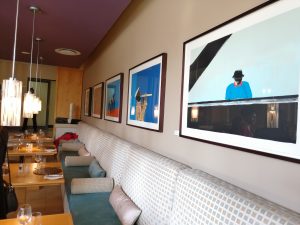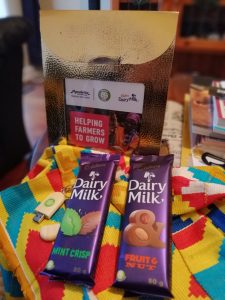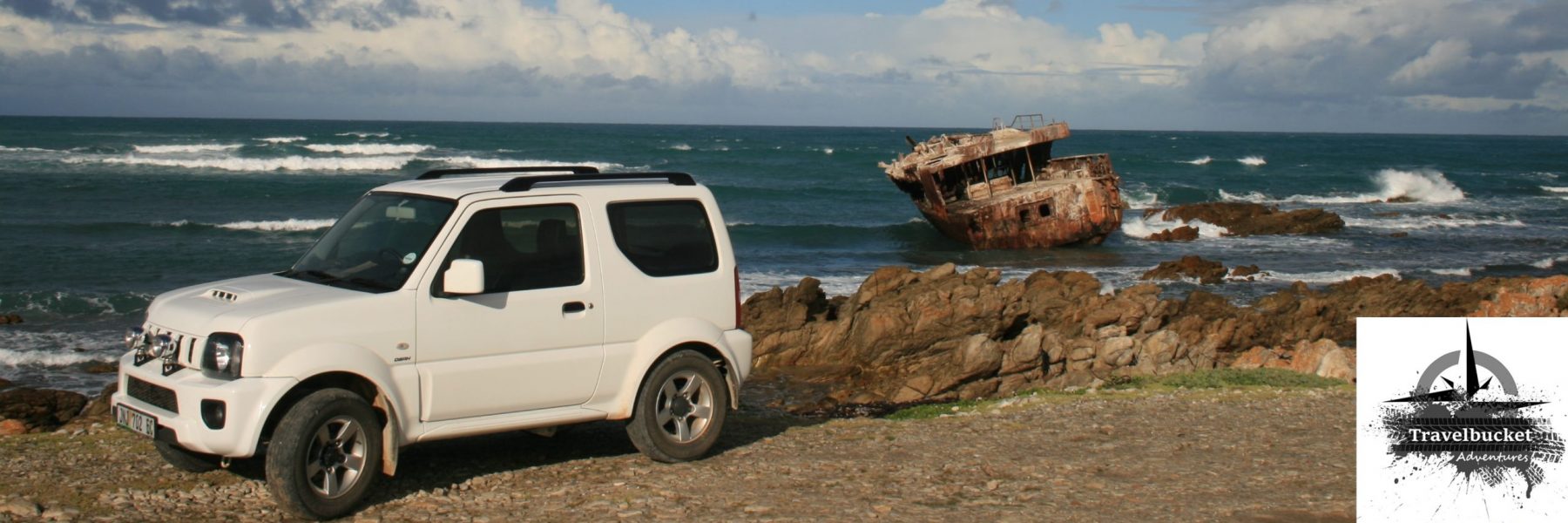by Inge Triegaardt
#cocoalife #smallthingsmatter
What are you doing right now? Eating a chocolate while catching up on your reading? Thinking about how good a block of rich and creamy milky chocolate will be right now? If not, you are guaranteed to atleast go and buy a chocolate by the time you have finished reading this article.
If you are like us, who still has all our sweet teeth, a slab of chocolate does not last long. The only time you actually look at the outside of the packaging is the time you buy the chocolate and the reason is only to decide which type you want. What about when you are eating it. You don’t think about what you are actually eating. It is pure indulgence while concentrating on something else.
Have you ever thought where your block of chocolate started? Where did the process of turning a cocoa bean originate for you to end up with a sweet block of heaven in your hand? What about how it got from land to table? We recently had the opportunity to hear from the Country Lead of Mondelez International Cocoa Life Programme in Ghana, Yaa Reprah Amekudzi herself, about the holistic approach of the Cocoa Life sustainability program.
Starting with 100 communities in 7 districts, Yaa has expanded Cocoa Life to cover 450 communities in 17 districts within a period of 10 years, directly impacting 38,421 cocoa farmers and 415,464 community members of which 224,301 are young persons.
The afternoon was spent with a delicious lunch at the No.5 Mantis Boutique Hotel in Summerstrand, Port Elizabeth!

dav
For the next 2 minutes we challenge you to put the block of chocolate back into the wrapper, to close the wrapper and start from the beginning. Let’s take you on a journey and give you some food for thought.
When you are eating a Mondelez chocolate like Cadbury Dairy Milk from July 2019 onwards, a green Cocoa Life logo will be visible on the wrapper somewhere. Cocoa Life is exactly what it implies, the “life of cocoa”. Not only does Cocoa Life imply that they look at the life of cocoa, but they also look at the lives revolving around cocoa since 2012. About 43% of Mondelez’s chocolate is sourced through Cocoa Life and they aim to source 100% of their cocoa through Cocoa Life by 2025.
While the yellow pods that look like a small paw-paw fruit with a hard shell, called cocoa pods, originates in South America, 70% of all cocoa is produced in Africa, in countries like Ghana and Ivory Coast, also Sierra Leone. Cocoa farming is no easy task and that is where Cocoa Life steps in and focuses on three areas of cocoa farming to improve the sustainability of harvesting cocoa.

The first area of focus for Cocoa Life is to help the cocoa farmers have a prosperous business. Cocoa Life works closely with cocoa farmers to help make their cocoa farming more productive and increase their income from cocoa. Cocoa Life aims to make cocoa farming the farmers’ first choice of farming. Each cocoa tree only produces about 100 pods each year and with six million farmers along the equatorial belt (142 875 of which are involved in the Cocoa Life program), one can only imagine how labour intensive and competitive the farming business is.
Cocoa Life also empower an include the cocoa communities. Not only does the program focus on the farmers, but the families are also included. Communities originates around a cocoa farm and families are making a livelihood out of cocoa farming. This often leads to the women lending a hand on the land and doing hard labour, but it is a matter of “money talks” here and when it comes to the negotiations to sell the cocoa, the women are sent home and it is all left to the men to sell the cocoa. The men with the money set the rules. Cocoa Life works on empowering women. To have a fair and equal compensation for the work that is done. Children often need to walk a distance of 11km every day to get to school, through forests and in humid conditions. This causes the children to often be tired, hungry and they do not concentrate in school. It is because of this reason that children often decide not to go to school and they will then look for a farm to do some hard labour and earn some money. Cocoa Life addresses child labour and protects children by improving education amongst the youth in the cocoa farming communities. The youth are not as stable as it should be and they tend to move in and out of the country looking for new opportunities. Cocoa Life hopes that with the introduction of new technology in the cocoa farming industry, the youth will show more interest.
The third and final focus of the Cocoa Life program is to conserve and restore the forests bordering on the cocoa farmlands. Like most other farmers, the cocoa farmers are affected by climate change, which causes them to venture into the forests to create the perfect environment for the growing of their cocoa. Cocoa is very sensitive and if it is for instance grown in Accra (the capital of Ghana), the cocoa plant will not produce any pods, but will only turn into a shrub. This is a clear example that the environment in the tropics must be just right for the successful farming of cocoa, without destroying the natural forests.

Mondelez is one of the world’s largest chocolate makers and they took the responsibility to support the Cocoa Life program to increase the productivity and incomes of the small family-run farms. Ensuring the growing process where about 400 dried beans are required to make one pound of cocoa, the harvesting process to produce a main and a small harvest each year, the fermentation and drying process where the beans are removed from the pods and the selling, transporting and shipping process where the dried beans are packed into sacks and transported to selling stations, all happens fairly.

Now, open your wrapper with your Cocoa Life logo on, take your block of chocolate and with every bite, eyes closed, think of the processes gone into making that sugary goodness that you indulge yourself in.
We challenge you, wherever you are, to join us in supporting Mondelez Cadbury Dairy Milk and Cocoa Life in “making snacking right” by supporting them in being responsible. Do the right thing and make Cadbury your first choice of chocolate. Be sustainable. Support local. Small things count!
